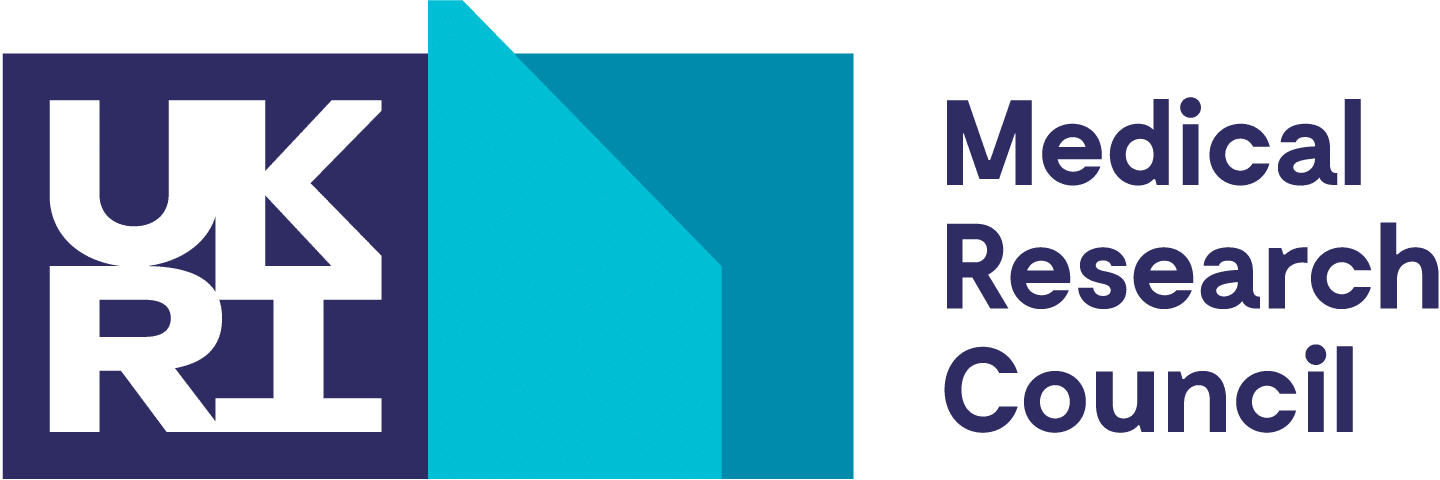The UK Regenerative Medicine Platform (UKRMP) has published the annual report for 2019 to share a scientific update on the advancements made by the Platform in the field of regenerative medicine in their first year of Phase 2 funding. Four additional projects have recently received funding to complement and extend the capabilities of the Platform.
UKRMP is a £42m joint initiative between the Medical Research Council (MRC), Engineering and Physical Sciences Research Council (EPSRC) and Biotechnology and Biological Sciences Research Council (BBSRC). The Platform was launched in 2013, bringing together leading research teams from across the UK, to form a network of research Hubs to address the key knowledge and translational gaps in the development of new stem cell and regenerative medicine therapies. The second phase of the Platform, initiated in 2018, has three strong interdisciplinary and complementary research Hubs, with three cross-cutting Immunology projects to help address the specific challenges associated with the interaction of the immune system with regenerative medicine therapeutics. The 2019 annual report showcases the first year’s progress of phase 2, with highlights including: the scaled-up production of stem cell-derived precursors to liver cells; synthesis of microscopic fibres by a process called electrospinning, which could be used for tendon repair; creation of stem cells from adult human cells to study the effects of defined genetic abnormalities on stem cell behaviour; and disruption of cell markers that interact with the immune system, which may help to prevent immune rejection of transplants.
Roger Barker, Director of the Pluripotent Stem Cell and Engineered Cells (PSEC) Hub noted “over this first year it has been amazing to see the way in which the work has come together and grown, both within our hub and across the whole UKRMP network, as we strive to make hPSC [human pluripotent stem cell] therapies a reality for patients.”
Late in 2019 four additional strategic projects were awarded, in collaboration with charity partners the MS society and JDRF (Juvenile Diabetes Research Fund), aiming to further move findings from regenerative medicine research in the laboratory towards the clinic, to the benefit of patients. These projects will unlock scientific knowledge and produce tools, reagents and approaches applicable to a broad range of diseases, integrated with and extending the world-leading research already being conducted in the Platform.
The four projects are:
• Professor Anna Williams, University of Edinburgh, ‘Do adult human oligodendrocytes remyelinate poorly and can we change this to better treat progressive multiple sclerosis?’ (joint funded with the MS Society)
• Professor Sarah Waters, University of Oxford, ‘MICA: Exploiting in silico modelling to address the translational bottleneck in regenerative medicine safety’
• Professor Hazel Screen, Queen Mary University of London, ‘MICA: Organ-on-a-chip models for safety testing of regenerative medicine products’
• Dr Rocio Sancho, King’s College London, ‘PEG-based hydrogels for iPSCs-derived regenerative therapies for diabetes’ (joint funded with JDRF)







